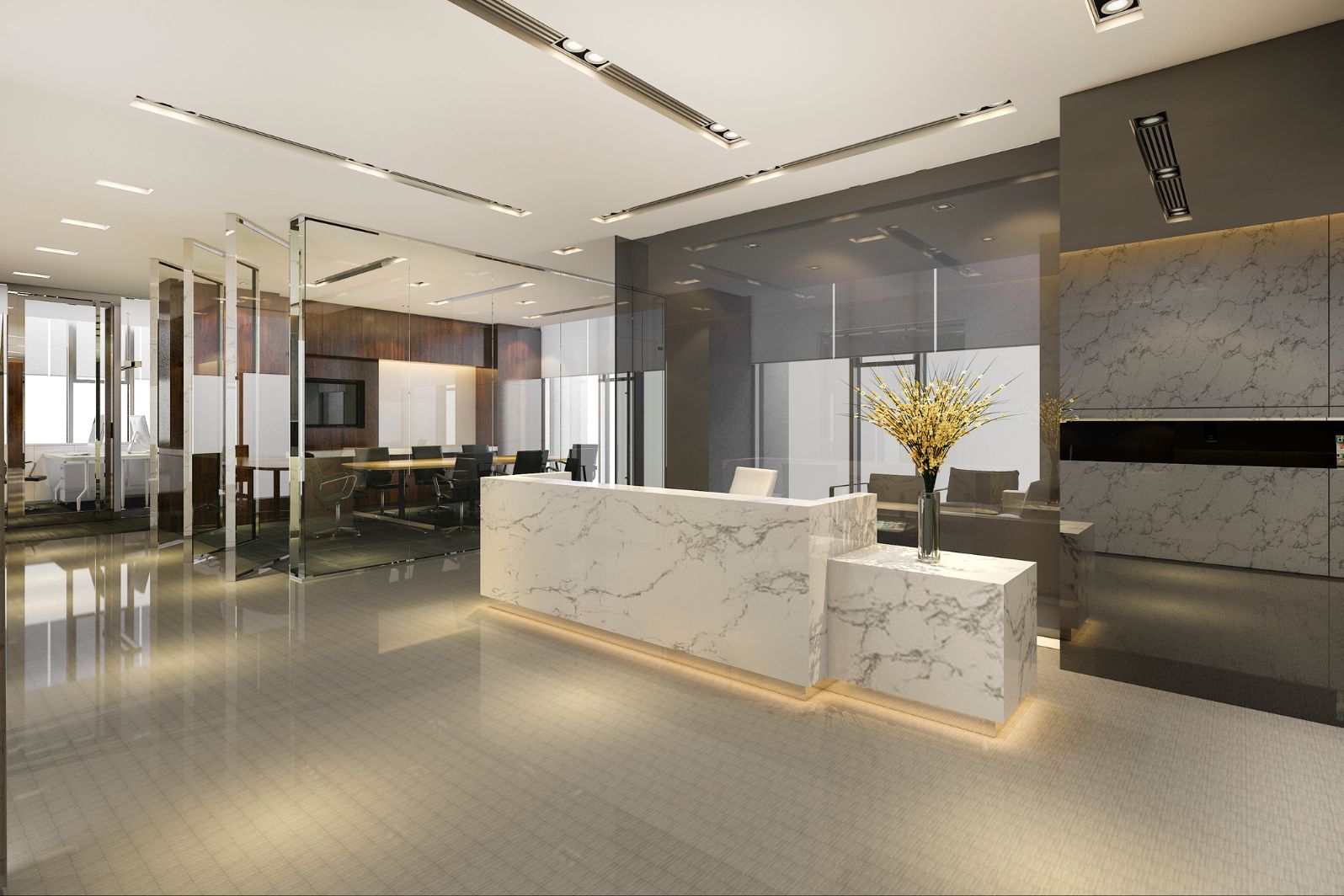In today’s fast-paced professional landscape, the ability to focus, apply knowledge, and demonstrate practical skills is paramount. Authentic assessment, often associated with educational contexts, holds incredible potential for the workplace. Whether you’re an employer looking to evaluate your team’s abilities or an employee seeking ways to enhance your career prospects, understanding what authentic assessment is and why it’s valuable can be a game-changer.
What is Authentic Assessment in the Workplace?
So what is authentic assessment? Authentic assessment is all about evaluating individuals based on their application of knowledge and skills to real-world scenarios. It transcends the boundaries of traditional assessments, which often rely on multiple-choice quizzes and questionnaires. Instead, authentic assessments mirror the tasks and challenges encountered in professional settings. Whether it’s problem-solving, critical thinking, communication, or collaboration, authentic assessments aim to assess these skills in a practical context.
Contrasting Traditional and Authentic Assessment
Traditional assessments have long been the norm in both education and professional evaluations. These assessments, often involving rote memorization and fact-based testing, provide a snapshot of an individual’s knowledge at a specific moment. However, they fall short in assessing how well someone can apply that knowledge to real-life situations.
Authentic assessments, on the other hand, go beyond memorization. When designing an authentic assessment, one should ask, “What should my employees or colleagues be able to do?” The assignment is then broken down into key components, including the expected standards, tasks, criteria, and rubric scoring. These assessments are not confined to written tests; they can encompass debates, group projects, speeches, presentations, experiments, and more. The goal is to determine if individuals can transfer their learning beyond the classroom or training environment and into their professional roles.
Why Choose Authentic Assessment in the Workplace
Benefits:
Authentic assessments offer several advantages over traditional methods. They are more accurate in assessing higher-order thinking skills like critical thinking, problem-solving, and communication. Traditional assessments often encourage cramming and memorization, resulting in knowledge that quickly fades. Authentic assessments, on the other hand, provide a more engaging and lasting learning experience. They incorporate feedback through self-assessment, peer review, and instructor evaluation, fostering continuous improvement.
Challenges:
While authentic assessments offer numerous advantages, they come with their own set of challenges. Grading can be more complex because they assess knowledge within the context of real-world situations. Instructors and evaluators may need to devise unique grading methods to measure an individual’s grasp of a concept accurately.
Examples of Authentic Assessment in the Workplace
Authentic assessment thrives on real-world examples. Here are a few scenarios:
Business Presentation: A business professional might give a presentation to their team or clients, with self, peer, and supervisor reviews evaluating their communication skills.
Video-Based Projects: Individuals can create video presentations on a topic relevant to their work, demonstrating their research and problem-solving abilities. The assessment focuses on their skill demonstration, not just task completion.
Authentic assessment in the workplace evaluates an individual’s ability to apply their knowledge and skills relevant to their profession. It goes beyond mere knowledge recall, providing individuals with the skills they need to excel in their careers. Interested in learning more about authentic assessments? Explore the possibilities they offer for enhancing workplace competence and career growth.



